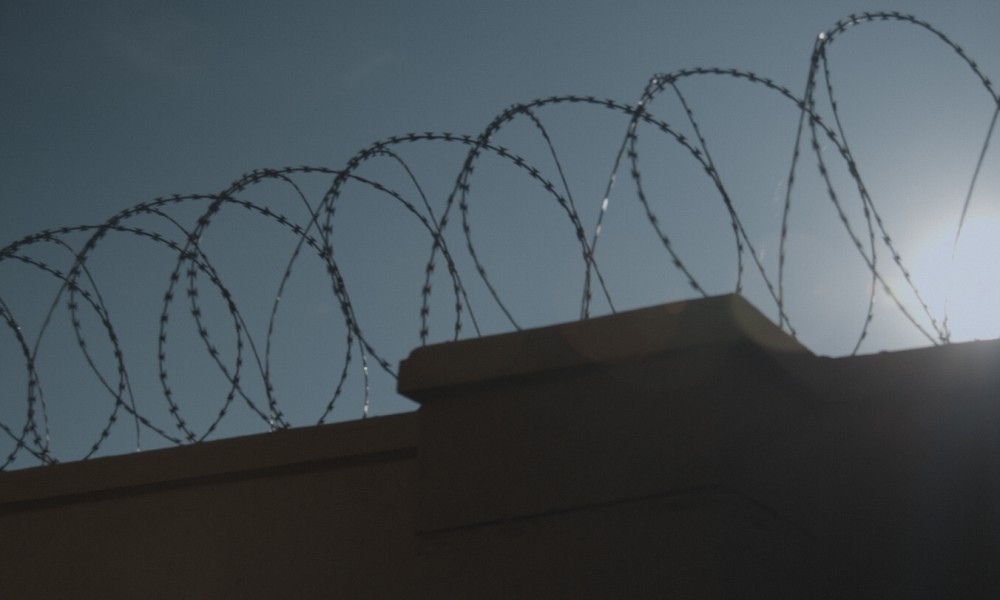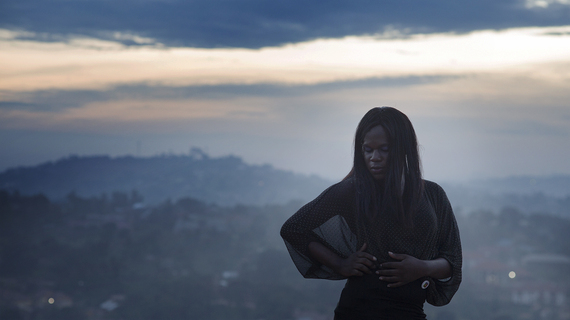Who Are We To Judge A Country Like Uganda?

Warning: First parameter must either be an object or the name of an existing class in /home/ty7rw4nmljiq/domains/pearlofafrica.tv/html/wp-content/plugins/leadpages/lbset.php on line 146
I think that before 2009 few people around the world knew what the Ugandan people are like, with little media attention to the country following a brutal civil war. Many who wondered what food the Ugandans like or why the country is called “the pearl of Africa” would have had to turn to Google for the answers.
Luckily this all changed with the “kill the gays” bill. Finally the media told us that Uganda has 95 varieties of bananas, all serving a different purpose in satisfying Ugandan food enthusiasts; that the people are among the friendliest and humblest in the world; that Uganda has animals like the golden lion and the grey elephant; and that Winston Churchill once called Uganda “the pearl of Africa” because of its diversity in ethnicity, gender, flora and fauna. It’s an amazing country that Lonely Planet crowned the top travel destination in 2009, placing it on top of everyone’s travel list.
Actually, that hasn’t happened, of course. Instead we’ve been bombarded with stories of death threats toward gays, or stories about Africa (being one country and all) being the place where everybody is dying of Ebola. Of course, the stories that are being told are not a complete lie: Gays do get disowned by their families, forcefully evicted, and attacked in Uganda, and Ebola does exist, but it’s many, many miles away from Uganda, in West Africa. Uganda is in East Africa.
Sure, we’re not being told that Ebola is in Uganda, but we’re not being told it’s not either, with Africa being generalized as one monolithic place that few white people have visited for themselves. I see it as journalists’ responsibility to change this misperception.
If there were a more multifaceted picture of Africa, we “whitish” Europeans, Americans or Chinese wouldn’t be so afraid of black people. We would know that there are filthy-rich Ugandans in suits who donate to charities, and talented artists like José Chameleone, or that there’s a potential vacation destination a couple of hours away.
This one-dimensional narrative of “African life” is making us more disconnected, and one could argue that the overall story being told by the media is indeed a lie. As a Western journalist, I think that if you go to a distant place to tell stories of people you don’t know, you have even more of a responsibility to take the time to deeply understand what’s going on in the place you’re in. If you don’t, you should probably be ashamed of being a lazy and crappy journalist with no integrity whatsoever.

Credit: Jonny von Wallstrom
Ever since the “kill the gays” bill was introduced, Western media have been screaming all around the world for justice — justice for people who doesn’t quite fit the “norm” in Ugandan society. But it wasn’t that long ago that gays weren’t accepted in the U.S., Sweden or the UK either. People who are trans are still being discriminated in most parts of the world, black people are still targeted by the police, and gays still have to come out, right? So who are we to judge a country like Uganda?
I grew up in Sweden in a small town called Sandviken, which, ironically, was also called “Bögviken,” which in English could be rendered as “Gayviken.” It was known for having a lot of gays. Back then, the atmosphere in Sweden was similar to the one we’re seeing in today’s Uganda. With a raging HIV epidemic threatening the Swedes, we turned into animals who had little respect for human rights, with our media helping us stereotype gays even more.
To say that we care more about human rights is just hypocrisy. We still take our money and go to these places to do business, and then if anyone gets hurt, we put the blame on the country that we helped put in the economic situation it’s in. Sweden, the U.S., the UK, China and many more countries all have financial interests in countries like Uganda. Having recently discovered oil, the Chinese offered the Ugandans a new railway for free, one that would run through the country to the oil region. What the negotiations were like behind closed doors we can only imagine. But this makes it much more complicated than just telling the Ugandans to go “F” themselves.
The hypocrisy gets even worse: Activists from Uganda have continually been denied travel visas to attend conferences and pride festivals around the world. Yet I can go to Uganda as I please; I don’t even need to a visa.
So even though we should stand up for the rights we believe in, I think we should stop to think about how long it took us to accept people who don’t fit into society’s “norm.” We’re obviously not there yet, as trans people still struggle with going to public bathrooms, dressing for work or telling their loved ones about their gender identity.
If Uganda has been portrayed in an overly negative way, Sweden has had the luxury of being portrayed in an overly positive way. People around the world think Sweden is this magical place where everybody is protected by our famous welfare system. We’re rich, and our last ministry of finance is known for creating a growing economy like few other European countries saw during one of the biggest financial crises.
But living in Sweden, one could instead argue that racism is growing as strong as it was in the ’90s, when we had people running around with their Dr. Martens and army jackets, fighting anyone who was missing the famous blonde hair. Or that we, like many other places in the world, are struggling to progress from an industrial society, with unemployment threatening many smaller cities with extinction. There’s a growing uncertainty in Sweden, making a lot of people angry. Not so long ago in Husby, we had an event similar to what happened in Ferguson. Our society is segregated, and part of that is because our media isn’t telling enough stories of people on the outskirts of society, causing people to stereotype what they don’t know. We need to have stories about Husby or Ferguson before there is a burning conflict. We need to have stories of Uganda before David Bahati introduces the next anti-gay bill.
When I set out to make The Pearl of Africa, this was one of my main ambitions: to portray a complex picture of a black trans woman, to show what her life is like and what her dreams are, to tell a personal story of how hatred has affected her life and whether she’ll ever be able to have kids. These are all questions I wanted answers to, in order to not only capture a story that can help people understand what it’s like to live as a trans woman in a society that despises you but create a strong and compelling story of black people as real people, something I feel is missing in today’s media.
